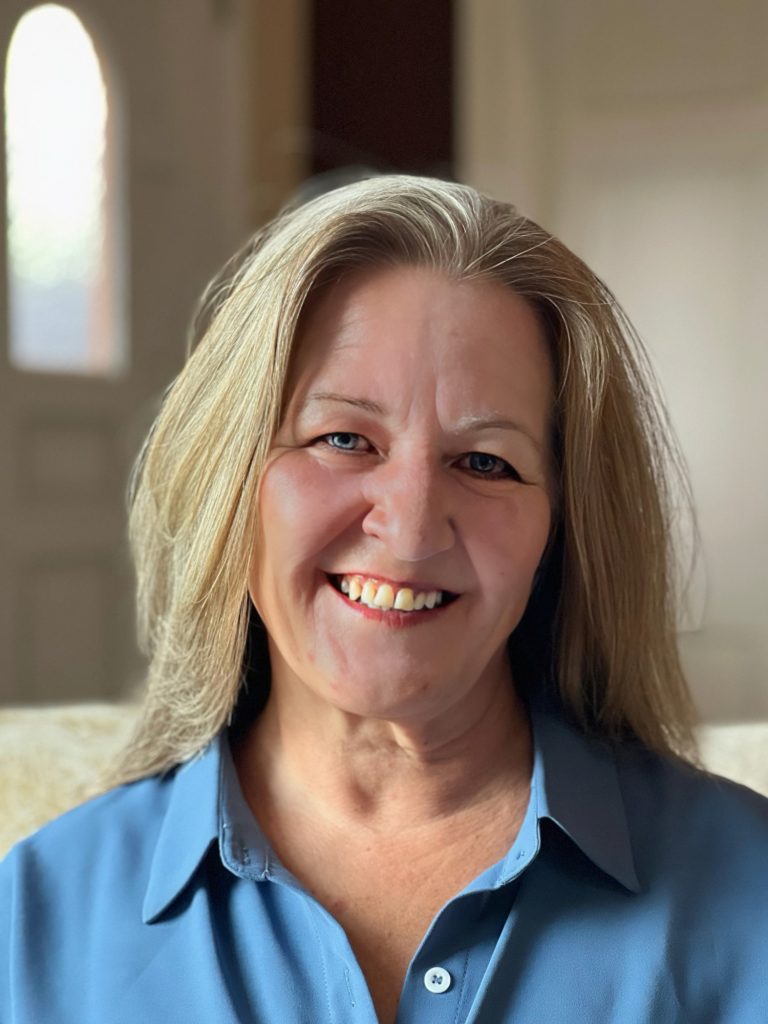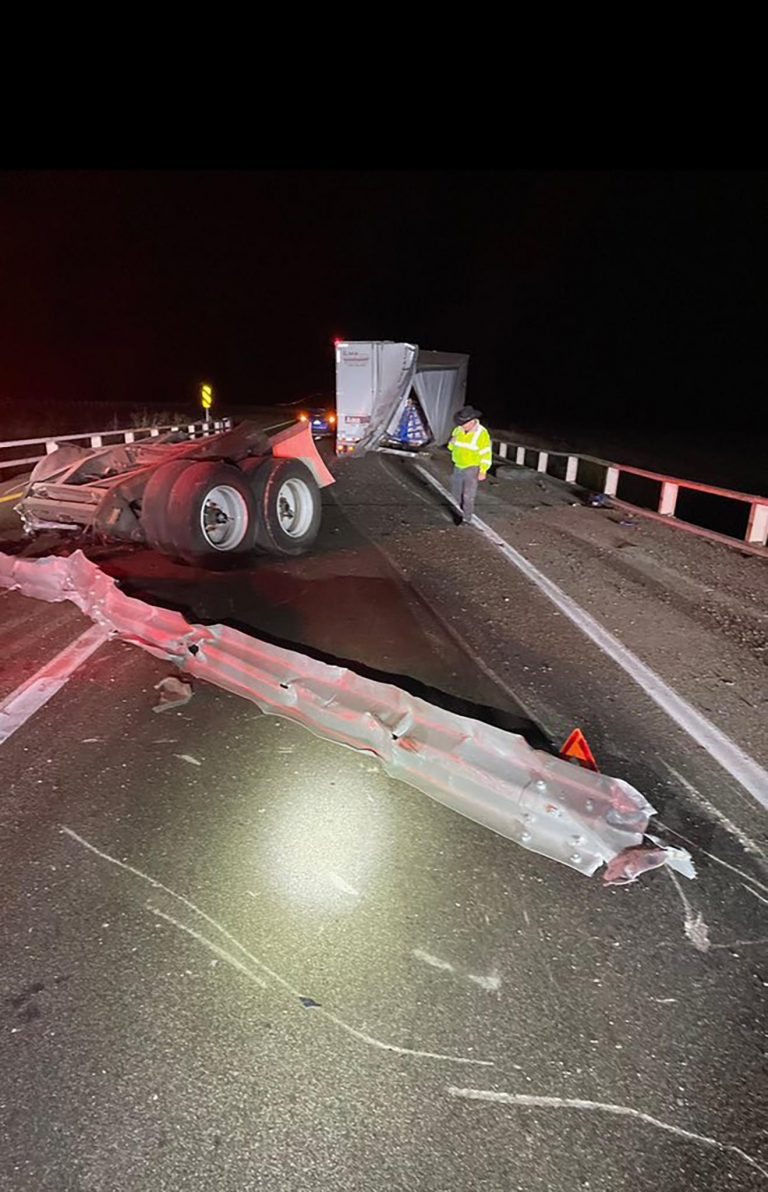T’Naus Nieto
The Chronicle-News
Elizabeth Bulthuis only recently decided to run for Colorado House District 47. Although she started out as a stand-in, she hopes that if elected, she can use the Democratic supermajority to advocate for rural southeast Colorado and bring a loud voice for all people within her district.
She told The Chronicle-News in an interview, “I want everyone to know that if elected, I will lead with integrity, I’ll be honest, I’ll be all-inclusive, and I will absolutely stand up for every single person in District 47.”
Background
Bulthuis has been married to her husband Eric for 26 years and has a 25-year-old daughter. She is from Colorado, growing up in Golden, attending Golden High School, and even attending Fort Lewis College, where she received her BA in English.
Bulthuis said, “This is my home. We finally got a chance to move down south, which is where we’ve always loved. My mom has always loved Walsenburg, and we got a chance to find a house, and we found a house in La Veta. We found our forever home here (in Walsenburg), which we’re very happy about… I do a lot of volunteer work with my daughter for the public schools.”
Why go into politics?
Bulthuis made her first run for public office in the upcoming election despite having little experience in politics. However, after moving to the local area, she attended meetings and got involved with the Las Animas County and Huerfano County Democrats.
Bulthuis said, “As I attended the meetings and learned more about the area and the struggles we have here, the rural-urban divide, the problems we have with rural healthcare access, the public schools, there were so many issues. Then, I found out we did not have a candidate for House District 47. I decided to be a stand-in, and I guess they decided that the right candidate was me. So, I stayed on the ticket.”
Goals
From taking care of seniors and veterans to addressing concerns with education and housing shortages, Bulthuis expressed her goals and what she looks forward to accomplishing if voters choose her as their new representative for the district.
“One of my biggest goals is taking care of our seniors and veterans,” Bulthuis said. “The senior population is growing and our veterans, any neglect when it comes to a veteran breaks my heart. So, we need to make sure that they are cared for and that they have the dignified life that they deserve. I’m also very concerned with public education. I believe for school districts…. the budgeting that’s decided needs to be altered for rural areas. Budgeting by students doesn’t work out here. We don’t have the teachers, we don’t have the housing. It’s the same [issue], affordable housing. We need to find a way to get the teachers down here. We need to build the public school curriculum again and bring back functional classes, like shop and home economics. Things like that are where we actually learn how to live and step away from standardized testing as tools to judge a child’s potential.”
Challenges
Although being a House Representative would be a new experience, if elected, Bulthuis expressed confidence in her ability to overcome the challenge of bridging the urban-rural divide.
“I’m in a good spot if I get elected,” Bulthuis said. “Because we have a (Democrat) supermajority in the house, I would have an opportunity to bring a rural voice, and have a strong voice there, and stand up for the rural needs, which are different from (the needs of) Denver.”
“It feels like the legislation is mostly geared toward our larger cities and the big pool, the hub. So, I think one of the challenges is getting the attention that we (rural southeastern Colorado) need and making sure we’re heard. And that the uniqueness of the nature of our issues is amplified. Because some of these statewide regulations just don’t work. And then there’s that rural-urban divide, where it feels like we’re battling each other. And the challenge for me, if elected, would be to bring these together. The truth is rural can’t survive without urban, and urban can’t survive without rural. It’s just the bottom line. We need each other, so we have to find a way to work together. So, that’s one of the biggest challenges.”
Competition
When asked about her opponent, Bulthuis said, “I met Ty Winter. He’s a lovely person. However, I do believe he has some special interests outside our district’s interests… Some people in our district are not being forgotten. They are just maybe left out or excluded. So, I feel like I have an opportunity to represent everyone. I have absolutely no special interests other than the people of this district. It’s such a big and diverse area, and there are so many different issues, so it’s hard, especially if you have special interests, to make sure that everybody is included in the legislation you’re working on. So that’s why I decided to go ahead and throw my name in the race.”
Addressing other differences, Bulthuis spoke about disagreements with water. She said, “I talk about our economies needing sustainable growth, but my opponent’s argument is that it takes water. So, I think the major difference is that I’m trying to bring the urban and rural together, whereas I believe that representative Winter is very much more concerned with the agriculture community, which is important, don’t get me wrong. But we must find a way to make this work for everyone. So, he’s a little more on the side of rural, which is important, but we need both.”
Bulthuis also addressed some of the accusations Winter received for his political ideologies. She said, “I believe he is a little extreme in his politics. I’m not going to say any specifics, but he’s a little extreme on the right. And I do believe that he’s not a proponent of pro-choice and women’s reproductive rights, and that’s a big issue for me. So, we’re very much opposed on that (topic).
Debates
When asked about people who claimed she lost in the debates against Winter, Bulthuis said, “I say that he’s more knowledgeable on policy. This is a job I’ve never done before. As much as I do know, there’s a lot more that I don’t know. And as he’s been on the job for a couple of years, he definitely has specific answers. But I also feel that my benefit of not having that history is that I’m going in with fresh eyes and an open heart. I have no other special interests other than the people, and I think that came across in the debate.”
Looking forward
“I don’t carry any biases, like toward agriculture or urban. I look at it as a community as a whole. I do believe that we need representation that represents everyone, no matter the color of their skin, who they love, or who they pray to. It’s about the people and not about where they came from or what their history is. We need to start at this moment and move forward and make it work for everyone.”



